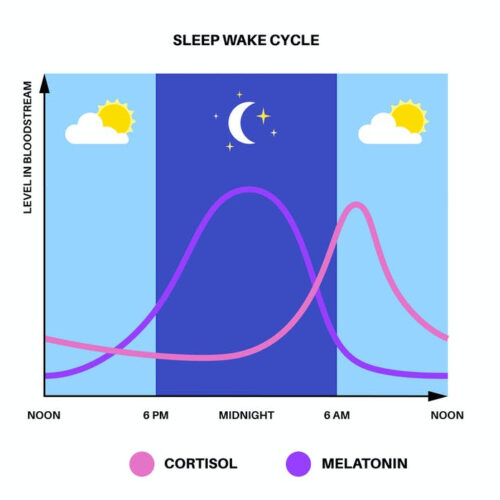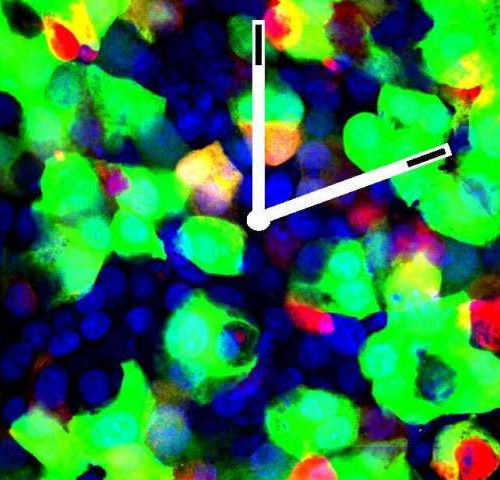by University of Basel Credit: CC0 Public Domain Vision is a complex process. The visual perception of the environment is created by a combination of different wavelengths of light, which are decoded as colors and brightness in the brain. Photoreceptors in the retina first convert the light into electrical impulses: with sufficient light, the cones enable...
Tag: <span>internal clock</span>
Post
Your body has an internal clock that dictates when you eat, sleep and might have a heart attack – all based on time of day
Anyone who has suffered from jet lag or struggled after turning the clock forward or back an hour for daylight saving time knows all about what researchers call your biological clock, or circadian rhythm – the “master pacemaker” that synchronizes how your body responds to the passing of one day to the next. This “clock” is...
Post
Could resetting our internal clocks help control diabetes?
by University of Geneva The circadian clock system (from the Latin “circa diem,” about a day) allows organisms to anticipate periodic changes of geophysical time and to adjust to those changes. Nearly all cells comprise molecular clocks that regulate and synchronize metabolic functions to a 24-hour cycle of day-night changes. Today, increasing evidence show that...



